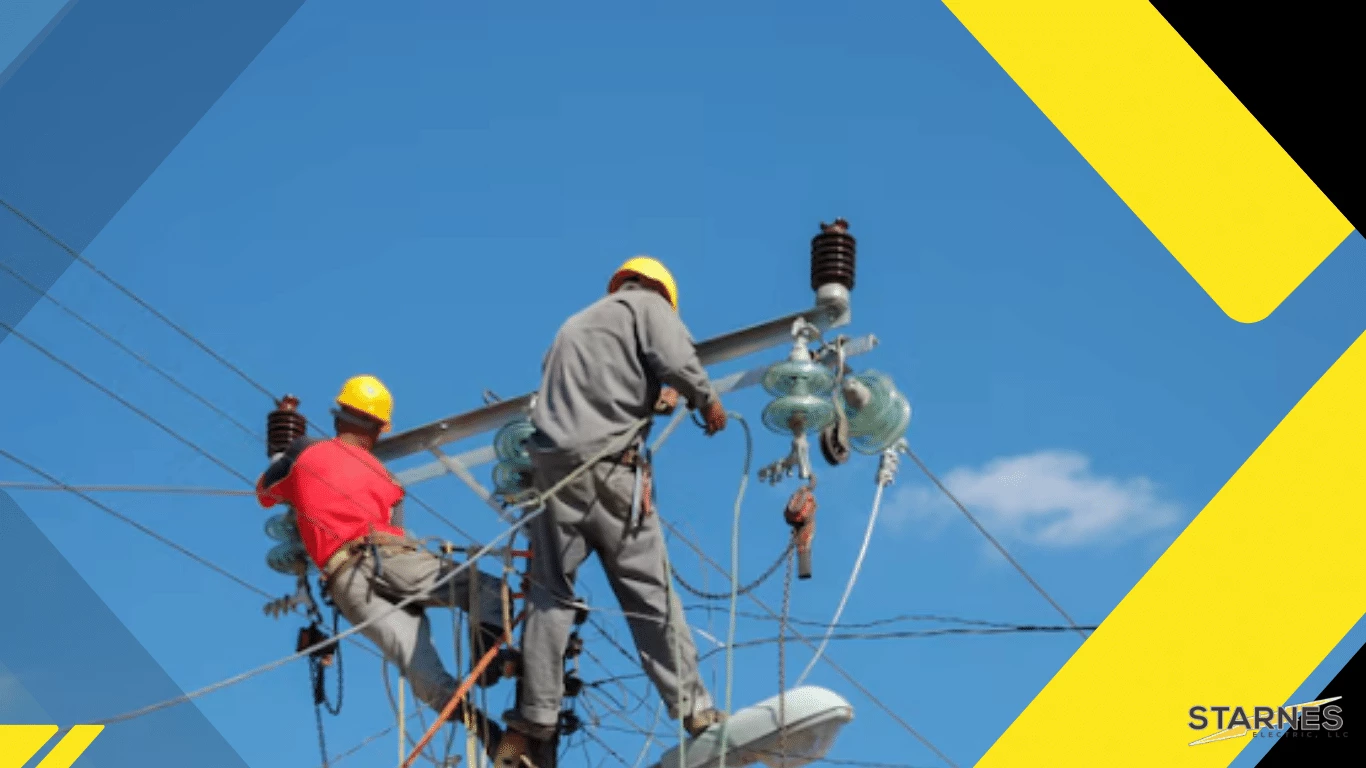Electricity plays an integral role in our everyday lives. Unfortunately, it’s not always easy to understand the ins and outs of the electrical system and the components that power it.
One of the most essential components of the electrical system is the electrical meter. To ensure that your electricity is working properly, it is important to understand how your electrical meter works.
What is an Electrical Meter?
An electrical meter is a device used to measure the amount of electricity used. It can also help electrical providers determine how much electricity their customers need and how much they should be charged. The meter comprises several components: a box, base, and register.
The meter box houses the meter, and the meter base is the part that attaches it to the wall. The meter register is the part of the meter that measures the amount of electricity used.
Installation
Installing an electrical meter is an important step in ensuring the proper functioning of your electrical system. An electrical meter measures the amount of electricity being used and provides an accurate reading that is essential for maintaining the safety and efficiency of your electrical system. Proper meter installation is vital for avoiding costly damage and downtime due to malfunctions or power outages.
Installing an electrical meter requires specialized equipment and knowledge of electrical systems. Hiring a qualified and experienced electrician to install your meter is important.
The electrician must review the existing electrical system and the applicable regulations to ensure the meter is installed correctly. Once installed, the meter should be tested to ensure it functions perfectly.
It is important to have the right type of electrical meter for your particular needs. For example, some meters are designed to measure the amount of power a single appliance uses.
In contrast, other meters are designed to measure the total amount of power consumption of a residence or business. The electrician can recommend the appropriate type of meter for your particular needs.
In addition to the meter itself, the electrician will also need to install the necessary wiring and connections for the meter. This wiring and link should be installed properly and securely to prevent damage to the meter or the electrical system. The electrician must also ensure the meter is calibrated and working correctly.
Repair
It is important to repair any electrical meters as soon as possible to avoid any issues with the operation of the electrical system and to ensure safety. Repairing an electric meter may be necessary if it is showing an incorrect output reading or malfunctioning in some way.
Repairing an electrical meter can typically be done by a qualified electrician and should be attempted by someone other than an untrained individual. The electrician should be able to diagnose the issue and determine which parts of the meter need to be replaced or repaired. The electrician should also be able to recommend any changes or upgrades that may be necessary to ensure the meter is operating as safely and accurately as possible.
If you are having issues with your electrical meter, it is important to contact a qualified electrician as soon as possible. They will be able to assess the problem and provide the necessary repairs or replacements to get your meter back up and running safely and accurately. Ensuring your electrical meter is properly repaired will help ensure your electrical system runs safely and efficiently.
Pricing
Electric meters are generally priced according to their type, complexity, and features. The most basic type of electric meter is a single-phase watt-hour meter, which measures the energy consumed by a single-phase electrical appliance. These meters are usually the cheapest and cost anywhere from $10 to $80.
More advanced and complex electric meters, such as revenue meters, cost more. Utilities commonly use revenue meters to measure the amount of energy customers consume. They are more accurate than the single-phase watt-hour meters, designed to consider demand charges, taxes, and other fees. Revenue meters can cost anywhere from $50 to $2,000.
Other types of electric meters, such as digital meters, are also available. These meters are more expensive than single-phase watt-hour and revenue meters but offer more features and accuracy. Digital meters can cost anywhere from $80 to $10,000, depending on the features and complexity.
The installation cost for an electric meter can also vary depending on the type of meter and the complexity of the building. Installation costs range from $50 to $200 for a basic single-phase watt-hour meter. Installation costs for revenue and digital meters can be higher, up to $1,000 or more.
Types of Electric Meter
Electricity is a vital part of modern life used in many homes and businesses. An electric meter is a device that measures the amount of electricity being used by a particular appliance or system.
There are several different types of electric meters, each with advantages and disadvantages.
- Analog Meter: The most basic type of electric meter is the analog meter, which uses a dial and a needle to measure the electricity used. It is the oldest and most widely used type of meter but is becoming obsolete due to the emergence of digital meters. The analog meter is easy to read, but it could be more accurate and can be prone to errors.
- Digital Meter: Digital meters are much more accurate than analog meters and are becoming more popular in residential homes. Digital meters are designed to measure electricity usage accurately and can be connected to a network for remote monitoring.
- Smart Meter: Smart meters are the most advanced type of meter and use digital technology to measure electricity usage. They are connected to the internet, allowing energy companies to monitor the electricity use of residential and commercial customers remotely. Smart meters are considered the most efficient type of meter as they can provide detailed information about energy usage and alert customers when it exceeds predetermined limits.
- Prepayment Meter: Prepayment meters are used mainly in residential homes and are designed to limit the electricity used by allowing customers to pay for their energy in advance.
This type of meter requires customers to top-up their account with a predetermined amount of money and is useful for those on a limited budget.
Several different types of electric meters are available for use in residential and commercial settings. Each type of meter has its advantages and disadvantages, so it is important to consider your needs and choose the best kind of meter for your situation.
Process
Electric meters are typically used to measure a customer’s electricity in a given period. This helps utility companies to calculate the customer’s bill accurately.
The process of electric meters begins with the installation of the meter itself. Electric meters are installed by a professional electrician who ensures the wiring is safe and secure. The electrician will also ensure that the meter accurately measures the current and voltage amounts.
Once the meter is installed, the utility company will connect it to the power supply and begin the meter reading. During the meter reading, the utility company will use a device to measure the current and voltage passing through the meter. This data is then used to calculate the electricity the customer uses.
Once the meter reading is complete, the utility company will use the data to calculate the customer’s electricity bill. This bill can either be sent to the customer directly or, in some cases, the customer can receive an email or text message informing them of the amount due.
What to Look For
Starnes Electric LLC, a family-owned business, has provided superior electrical solutions for over 30 years. Starnes Electric can handle all your electrical needs thanks to its skilled staff and client satisfaction.
Starnes Electric’s electrical solutions require various considerations. Customers should first seek certified experts with experience. Starnes Electric employs experienced electricians. This guarantees top-notch service and assistance. We sell everything from basic electrical supplies to advanced equipment, assisted by trained personnel to help you find the right equipment.





